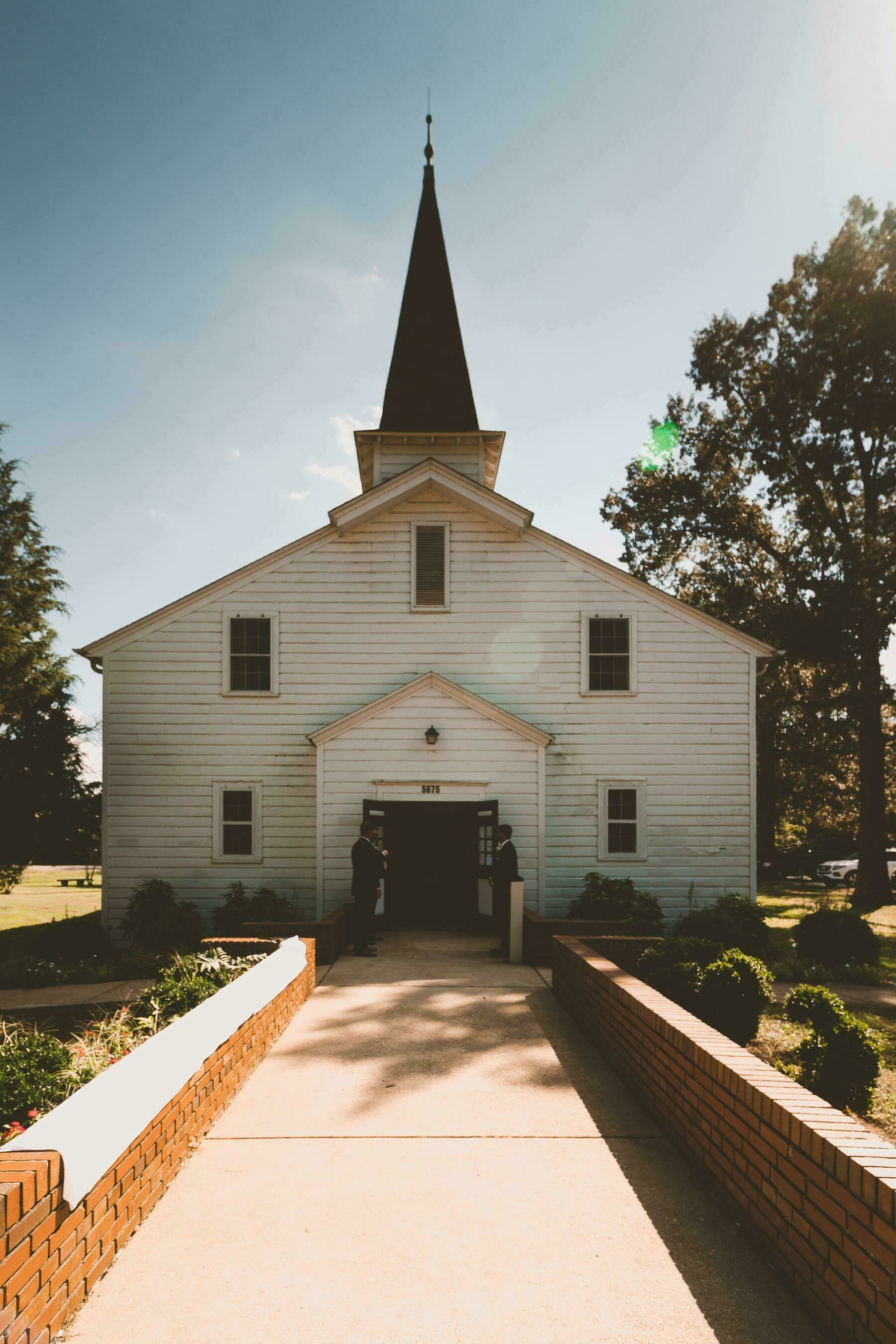Coffee is a versatile drink enjoyed hot or cold, sweet or bitter, with cream or straight. Entire business empires have been built around the myriad ways coffee can be served, and it even finds its way into baking, as seen in delicious coffee cakes. …
Faith
The Power of Coffee: More Than Just a Beverage
Faith
Sermon Notes from Sunday July 16th, 2025 - Relcutant Messenger
Last Sunday, I noticed our Facebook Live Stream cut out halfway through our service. For those who missed the rest, here’s a look at my sermon notes from that day.
P.S.: Would our church family be interested in more posts like this?
Reluctant …
Faith
Misc.
An Update from Paul: The Last Eight Weeks - Part One
It’s been eight weeks since I underwent spinal fusion surgery at the L3-S1 level. It feels both like it happened just yesterday and like a lifetime ago. I live with degenerative disc disease, a condition in which the discs in my spine break down …
Faith
Advent
In the midst of the twinkling lights, festive tunes, and the hustle of the holiday season, there’s a sacred invitation that beckons us to slow down, to linger a little longer in the season of Advent before rushing to the grand crescendo of …
Faith
Brussels Sprout and a Grateful Heart
This week we gather around our Thanksgiving tables, the aroma of roasted turkey, cranberry sauce, and pumpkin pie will fill the air. It’s a time-honored tradition to reflect on the blessings in our lives and express gratitude for the abundance …
Faith
The Four “T”s of Giving: Lessons from a Child’s Sticker
In our recent Children’s Messages at Church, we’ve been delving into the concept of giving, focusing on what we’ve come to call the four “T"s: Time, Talent, Treasure, and Trust. It’s been an eye-opening journey, …
Faith
Responding to Hate and Extremism: Fostering Inclucusive Christian Communities
Christianity is a deeply personal and meaningful faith that has the potential to unite people from all walks of life. It provides solace, guidance, and a sense of belonging to countless individuals and communities worldwide. However, what happens …
Faith
Living in Harmony - Essential to Christian Life
In a world filled with so much division and conflict, it can be refreshing to find harmony. However, harmony does not mean always agreeing with each other or believing the same things. Instead, it is rooted in loving each other, showing compassion, …
Faith
Love Ourselves Before Our Neighbor
The audio from our live stream on Sunday phased in and out. Here is blog with the overview of Sunday’s Sermon. Our text was found in Romans 13:8-14.
The Apostle Paul emphasizes the importance of loving our neighbor as we love ourselves, thus …
Faith
Strengthening the Core of Church Community: The Four Cornerstones of Time, Talent, Treasure, and Trust
A church community surpasses the basic notion of a congregation; it symbolizes a lively, active collective of believers, united by faith and driven by a common mission. Similar to the significance of a solid base for a building, there exist …
Faith
Unity and Love: Ephesians 4
At its core, Ephesians 4 calls for unity within the body of Christ. However, it doesn’t stop there; it challenges us to broaden our horizons. It urges the local congregation to stand united, encourages all churches to unite, and extends its …
Faith
What Does the Lord Require?
What does the Lord require of you? This is a question that many Christians ask themselves as they seek to live faithfully and obediently to God. But sometimes, we may get confused or overwhelmed by the many expectations and commands that we find in …
Faith
You Are Welcome
It was good to be back at work, church, today. As it was the fifth Sunday of the month I did not preach, but we had some amazing music for our Pies and Praise. I’m looking forward to kicking off our short series on Jonah next Sunday, but before …
Faith
Rest, Focus and Vacation
In our fast-paced and demanding world, it’s easy to forget the importance of rest and focus. Yet, as we turn to the Bible, we find profound wisdom that reminds us of these essential aspects of life. Recently, I had the privilege of taking my …











